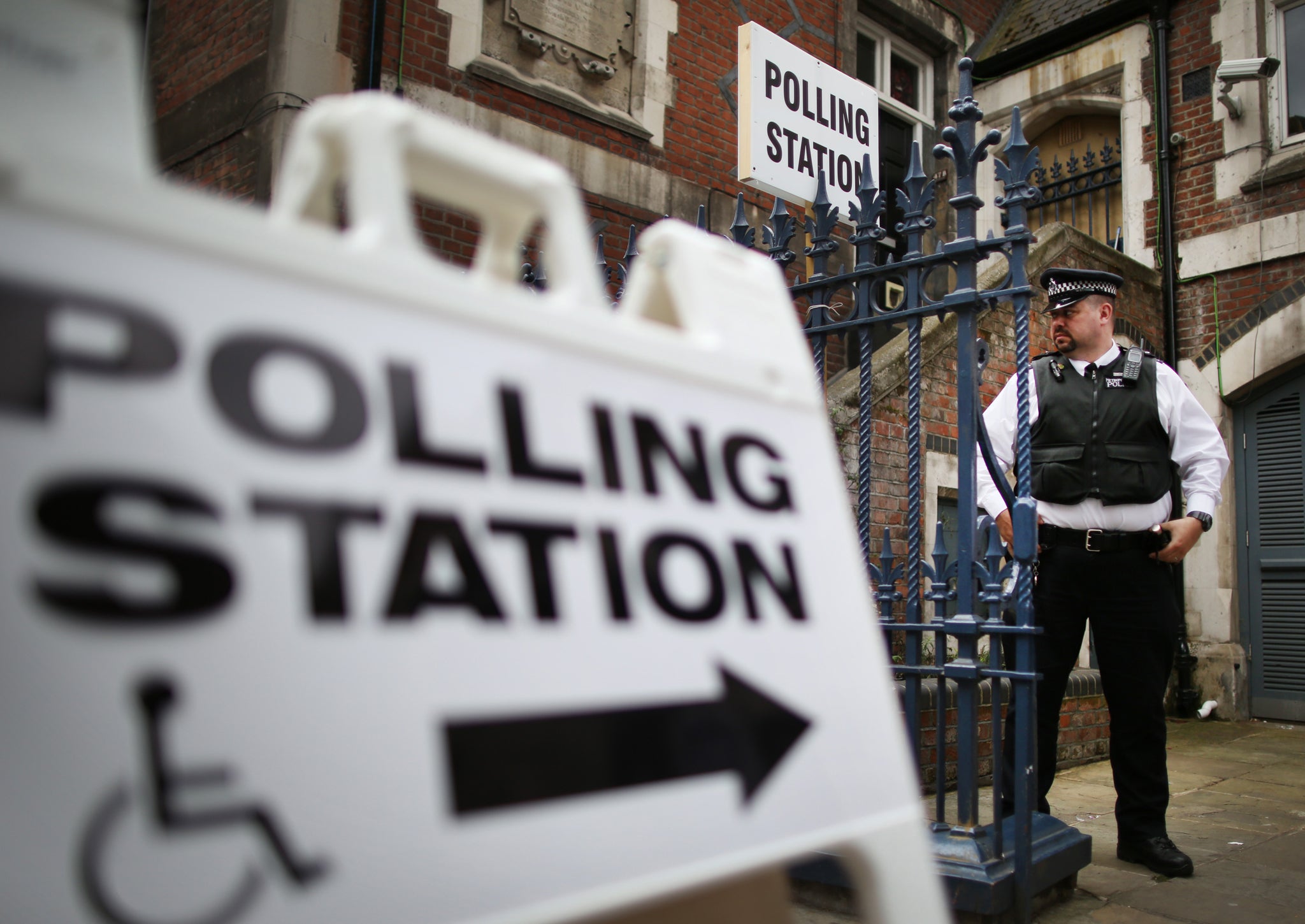Students are isolated and cannot trust politicians – that is why they aren’t voting

Your support helps us to tell the story
From reproductive rights to climate change to Big Tech, The Independent is on the ground when the story is developing. Whether it's investigating the financials of Elon Musk's pro-Trump PAC or producing our latest documentary, 'The A Word', which shines a light on the American women fighting for reproductive rights, we know how important it is to parse out the facts from the messaging.
At such a critical moment in US history, we need reporters on the ground. Your donation allows us to keep sending journalists to speak to both sides of the story.
The Independent is trusted by Americans across the entire political spectrum. And unlike many other quality news outlets, we choose not to lock Americans out of our reporting and analysis with paywalls. We believe quality journalism should be available to everyone, paid for by those who can afford it.
Your support makes all the difference.As feared, voter turnout for the recent European and local elections was very poor, at just 34.19 per cent in the UK – our worst turnout since 1999. And it is little surprise that the most apathetic voters are the infamous “young people” – that is to say, those between 18 and 25, which naturally includes most students. Last year, Russell Brand made headlines with a tirade about how he doesn’t vote because he doesn’t see a point, and that most young people in the country feel the same way.
He isn’t wrong. The types of people who didn't vote in the recent election are former Labour supporters who do not want to support Ed Miliband, Lib Dem supporters who aren’t satisfied with the failure of Nick Clegg to live up to his electoral promises, and Conservative supporters who feel their party isn’t tough enough. All understandable viewpoints.
Students as a new voting generation are not sworn to the allegiances and bias of generations past. Political apathy in young people is bred not for a lack of caring, but a lack of seeing any discernible change for them. They see no option that really caters to them. Students are, in a way, a class of their own – there is no working class Labour allegiance or upper class Tory support. Any hopes the Lib Dems had for student votes perished when Nick Clegg went back on his tuition fee policy. The fact so many students were out in protest demonstrates that students really do care, and that their lack of voting is not just apathy. They simply do not have a viable option.
Ultimately students are faced with at best five parties to conceivably vote for: Labour, a party far less concerned with representing the workers and becoming more and more conservative with their policies, led by a bumbling fool no one can take seriously; the Tories, a party for the rich, which students are not, and a party that passed policy after policy harming young people when in power; the Lib Dems, the Tories’ treacherous lackeys who cannot be trusted to go through with their policies; UKIP, ignorant xenophobes whose anti-immigration policies would see universities, incredibly diverse and multicultural places, change drastically; and the Greens, who have a good heart but policies that do not seem possible to enact – one struggles to believe taxes could be cut and spending reduced without putting us further into debt.
Life at university is quite an isolated one, and no party has made a concerted effort to reach out to the new generations of voters. Students can look at the policies and see little aimed at reassuring them about their future in the job market, their life with debt, their continued support and living assistance. With general elections around the corner, it is time parties start appealing to these new generations, or the democratically elected government will be chosen by a very select few, with students those among Russell Brand in sitting it out.
Join our commenting forum
Join thought-provoking conversations, follow other Independent readers and see their replies
Comments